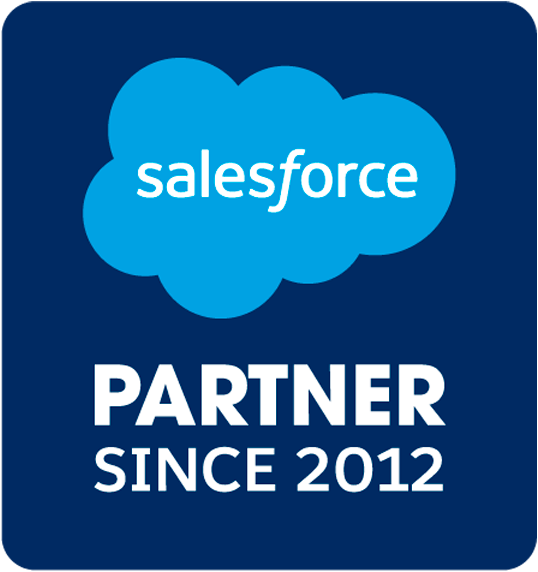As a former psychology major, I’ve always taken a different approach to business than my colleagues. When deep in a consulting project, some of my coworkers focused more on process improvement or solving business issues while my focus strayed to the more human elements of the undertaking. What does this new tool or process mean to the people using it? How does it affect their feelings about their role or job satisfaction?
My interest in the personal aspects of business is by no means unique. The concept of psychological ownership, for example, has gained traction in modern organizational psychology — studies find that it predicts employee behavior and attitudes better than actual company ownership (like stock plans).
The concept is simple. If employees feel ownership of their company (even in an intangible way), then they’ll do more to benefit it. As a Salesforce consultant, I’ve seen this dynamic play out at many businesses, and it’s shown me three areas where companies can boost psychological ownership in the workplace: Their company strategy, their projects and their tools.
Promoting psychological ownership in the workplace through corporate strategy.
In my years of consulting experience, I’ve noticed that a company’s Salesforce strategy is usually a microcosm of its broader corporate strategy. No effort exists in a vacuum, after all. Companies typically approach their CRM system the same way they approach their day-to-day business. So when I’m starting a new project, I take note of why the client is implementing the tool(s) it chose — what a successful CRM implementation means to its leadership. Are they building a platform that will increase employee autonomy or a micromanagement tool?
The answer is usually indicative of much more than their ideas about Salesforce. And the answer here is significant: Any business’ overarching culture has a way of permeating all aspects of its operations. You’d be surprised how quickly employee satisfaction can change when leadership transparently makes employee ownership a business priority. Research shows, after all, that even small policy changes (such as allowing employees to personalize their desks or take the lead on particular initiatives) have a substantial impact on employee engagement.
{{cta('08d5df89-d77a-4c62-96c1-67fbe80e277f')}}
Promoting psychological ownership in the workplace through project structure.
The manner in which companies run their projects also tends to predict employee ownership there. Any well-run project should have one project manager and involve key stakeholders. But the more a company engages its employees in projects that affect their work, the more ownership and engagement these employees feel. This truth isn’t just limited to Salesforce or CRM implementations; any project should involve consistent feedback from frontline employees.
This practice can also lead to better outcomes, as frontline employees typically drive greater business innovation than traditional R&D departments do.
Promoting psychological ownership in the workplace through technology.
This last area relates closely to the other two but generates its own line of questioning and unique results: How technology enhances or limits employee autonomy. Studies show that autonomy and task identity (the extent to which someone is allowed to carry out an assignment from start to finish) both correlate heavily with ownership. And the technology your company implements, whether it’s Salesforce, a different CRM or an entirely different network of systems, serves as a method of granting power to or enforcing restrictions on employees.
So ask yourself: “Is my technology slowing down my employees or boosting their productivity and autonomy?” A restrictive system will prevent your employees from feeling ownership over their roles while an open one will give them the autonomy they need to do just that.
So if your company struggles with low employee engagement, it may be useful to audit these three areas of your business to determine how much they encourage psychological ownership in their offices. Each facet brings a different area of growth. Your culture influences everything around it but is occasionally slow to change. Your company’s project and technology processes, meanwhile, can offer quicker and more localized wins.
And remember: The impact here relates to far more than employee contentment. Check out our ebook on how your Salesforce strategy might be killing user productivity to see why.



